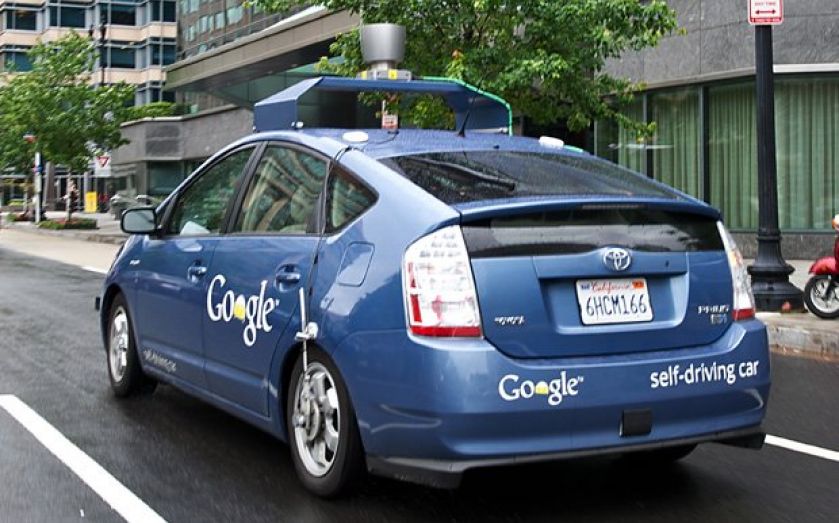Is Morgan Stanley right that the car industry as we know it is about to die?

Stian Westlake, executive director of research at Nesta, says Yes.
Car-sharing services already make it possible to rent a car for days, or even hours. And within five years, Google expects to be selling vehicles that can drive themselves.
You can see where this is heading: if you can rent a car whenever you need it, and it will drive itself to wherever you are, not everyone will need to own one.
In fact, economists at MIT have estimated that, with the advent of shared driverless cars, we will need only a third of the vehicles that we drive today.
Chances are that the car-makers of 2020 will be producing far fewer. And what they make will be very different.
Most of the cars of the future will be highly durable workhorses for urban car-sharers, and software will represent a lot of their value. There will also be a small market for very high-spec models for petrolheads and hobbyists.
So back the likes of Google or Aston Martin – but not today’s car-making incumbents.
Nick Connor, managing director of Volvo Car UK, says No.
Is the car industry as we know it dying? On the contrary, it is thriving, with extensive research and development programmes promising transformative advances in the future years.
From alternative fuels to nano-materials, and from internet connectivity to cars that drive and park themselves, the industry faces a bright future thanks to an engineering and technology-led revolution.
Of course, new technologies (like our Drive Me autonomous car programme) can be disruptive.
But the changes will, if anything, strengthen people’s relationships with the car industry, making vehicles more personal, convenient, productive, safe and luxurious than ever before.
However, there are many legislative, practical and social hurdles to clear before we see the widespread introduction of these technologies and the benefits they will bring in easing congestion and improving safety.
The car industry as we know it isn’t about to change overnight.